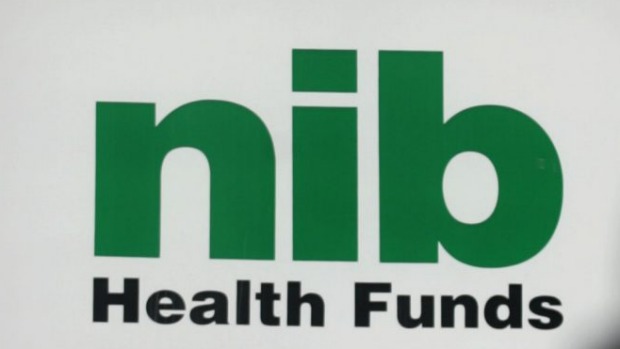
nib managing director Mark Fitzgibbon said the deal is a natural addition as nib prepares for a world in which consumers move to get all their risk assurance from one provider. Photo: Natalie Grono
Private health insurer nib has snapped up World Nomads Group, Australia’s third-largest distributor of travel insurance, for $95 million as it diversifies away from the heavily regulated health insurance space.
The group, which provides cover to more than 1.1 million people in Australia and New Zealand, said on Wednesday that World Nomads Group (WNG) is “a good strategic fit”.
nib managing director Mark Fitzgibbon said that after launching a medical travel business last year the deal is a natural addition as nib prepares for a world in which consumers move to get all their risk assurance, whether auto, home, travel or medical, from one provider.
Travel insurance in ‘sweet spot’
“We regard travel insurance as very much related to our business – they are short-tail claims, and mostly health-related. In terms of our philosophy about adjacent, complementary offerings, this in our sweet spot,” he said.
“Health insurance we buy into the future covers us no matter where we are on the planet. We will cover inbound and outbound expats with health and travel insurance.”
Last year nib sold about 6000 travel insurance policies and the insurer believes it will bring capital and scale to drive strong revenue growth at WNG.
In the year ended June 30 WNG generated gross written premium of $117 million and normalised earnings before interest, tax, depreciation and amortisation of $10 million.
The total gross written premium in the Australian travel insurance market in 2012 was about $US720 million ($965 million) and has grown at around 6 per cent a year from 2008 to 2012.
Timing questioned
The deal comes as the Australian dollar is fetching about US74¢, and in the wake of a profit warning by listed travel agent Flight Centre, raising questions about the capacity of Australians to spend up on travel.
On a call with investors and analysts, Citi analyst Mark Tomlins questioned the timing of the deal given the weakness in the price of key Australian commodity exports and anaemic wages growth.
“Is now the time to be buying a travel insurance business, given top-line leverage seems to be falling?” he said.
Mr Fitzgibbon said he is confident Australians, and increasingly wealthy Asian nations, will continue to travel more and more.
“I remember travelling in the US when the Aussie was 50¢ to the US dollar. I think Australians will continue to travel,” he said.
He also distanced WNG from the issues plaguing Flight Centre.
“Flight Centre’s main business is selling airline tickets and accommodation. My understanding of Flight Centre’s problems is the digital age is roaring into its business through the likes of Airbnb,” he said.
“The future is very much moving beyond buying travel insurance from a travel agent.”
WNG does not underwrite insurance policies, but it distributes them, and in Australia and New Zealand it administers policies on behalf of general insurers.
It has four distribution channels: World Nomads, Travel Insurance Direct, SureSave and a white label business.
WNG has a relationship with Lonely Planet whereby the travel guide group receives a fee for WNG policies referred by them.
Mr Fitzgibbon said it is those kinds of partnerships and niche target marketing that he believes are key to making the foray into travel insurance successful.
The $95 million acquisition fee is on an enterprise value basis, meaning it accounts for both the debt and equity value of the business.
nib said it will fund the deal from surplus capital and debt. The insurer was advised by JPMorgan and King & Wood Mallesons.
nib shares fell 3.2 per cent on Wednesday to $3.36.
